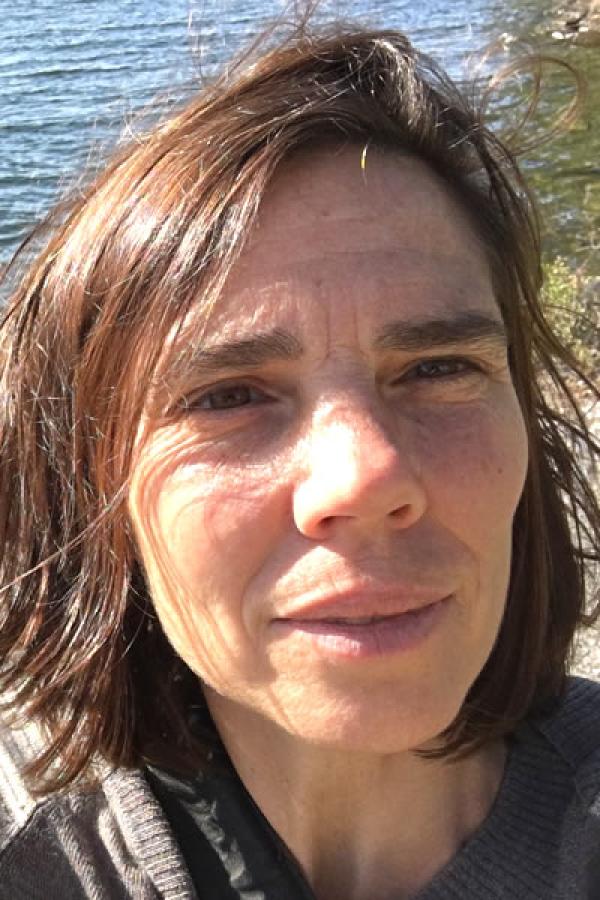Spring Ulmer

Photo courtesy of Spring Ulmer
Bio
Spring Ulmer, winner of the 2016 Willis Barnstone Translation Prize for her translation of “Autumn” by Yannis Ritsos, is also the author of Benjamin’s Spectacles, selected by Sonia Sanchez for the 2007 Kore Press First Book Award, The Age of Virtual Reproduction, and the forthcoming Bestiality of the Involved. Her scholarly essays appear in the following anthologies: Post-racial America?: An Interdisciplinary Study; Comparative Feminism, Postmodernism, Postcolonialism: Gender and Sexual Identity in Contemporary Turkish Literature and Culture; and Photography and Cinema, 50 Years of La Jetée. She teaches in the English and American Literatures Department at Middlebury College in Middlebury, Vermont, and lives in her father’s old stone masonry workshop with her son André.
Project Description
To support the translation from the Greek of the poetry collection Exercises 1950-1960 by Yannis Ritsos. Ritsos (1909-90) was the author of more than 100 poetry collections and was nominated multiple times for the Nobel Prize. Written after being tortured and detained as a political prisoner, the poems in Exercises 1950-1960 are not filled with bitterness, but rather with amazement—at a solitary leaf, an etched glass, or the color of light. Ritsos survived the deaths of both parents and his brother and sister, and turned to poetry when he was sick with tuberculosis. Ritsos' works have appeared in English; but this translation will be the first of Exercises 1950-1960.
To wear a worker’s clothes, to slip them off on a Saturday evening, to stir sugar into tea absent-mindedly, to be allowed inside a life through the trying on of tongue—is to live among, to embody a plural self, to seek mutual understanding whilst honoring difference. These are the quests of this translator. I first fell in love with Yannis Ritsos’s poetry as a teen. His voice aligned me to a Greece that shaped my worldview as a child. Thousands of miles by bicycle I pedaled through Greek countryside at age nine, sleeping in barns and on floors. My father, a conscientious objector who was arrested while fighting for Civil Rights, wanted me to live among and learn from Greek peasants.
A Communist, Ritsos was tortured during the Greek Civil War. His politics and lyric sensibility have always spoken to me about what it means to endure, to follow some inexplicable quest, to resist again and again, and then resist some more. A grant from the National Endowment for the Arts supports my efforts to follow postwar Ritsos around on the page. This is the gift: I can make this homage to my literary ancestor my work; I can commit to bringing Ritsos’s Exercises 1950-1960 to an English-speaking public. I promised my late father I would translate these poems. I imagine he awaits them as I toil, pushing words around in hope that some configuration approximates the window these poems open.

